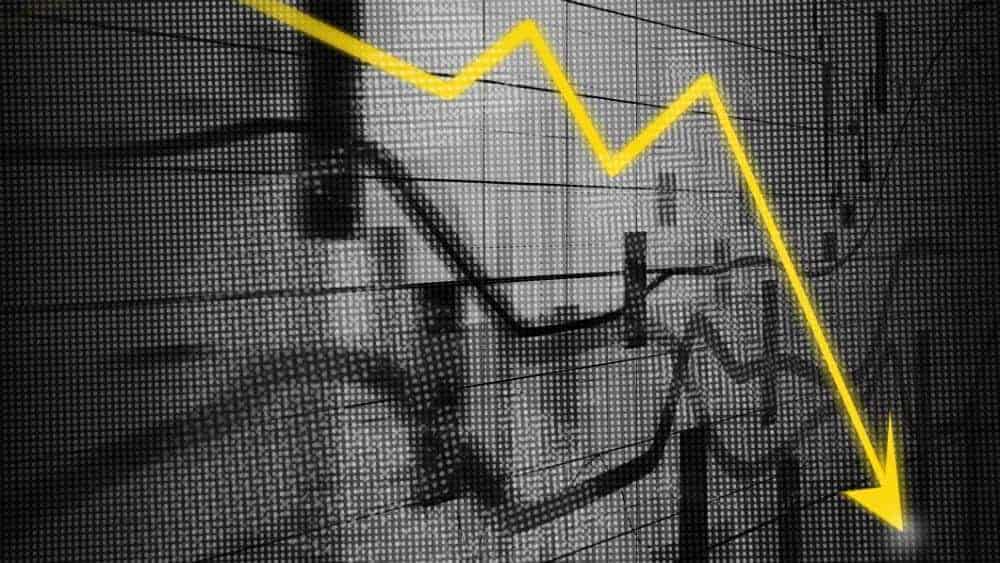GMO Asset Management is one of the largest firms in the world when it comes to investing with a macro focus. Before the coronavirus crash, it managed more than $100 billion in assets.
You may be familiar with the company’s well-known co-founder Jeremey Grantham. But you likely have never heard of Ben Inker, its head of Asset Allocation. When it comes to betting on the market, Inker has an impressive reputation. And due to GMO’s size, his opinions weigh heavily on market sentiment.
What does Inker think about the stock market today? His recent quarterly letter offers some startling clues. If you’re worried about another market crash, pay close attention.
Here are the facts
Let’s start with the obvious: stocks were a steal back in March. That month, nearly every stock hit multi-month lows. Some hit multi-year lows. It’s easy to say in hindsight, but that market crash was the best buying opportunity in nearly a decade.
“At the March lows, most risk assets appeared to be fair value or cheap, even assuming a moderate hit to fair value from a severe recession,” highlighted Inker. “Over the following six weeks we saw a massive rally in risk assets, particularly equities.”
GMO is famous for its quantitative models that spit out useful information regarding rolling valuations. These models don’t necessarily tell you when to buy or sell, but they provide clues into market sentiment and expected returns.
One of the key figures that GMO shares is its expected long-term annual returns for various asset classes. These returns are derived using rolling valuation multiples. When stocks get pricey, future annual returns are low. When they’re cheap, expected returns rise. After all, investment results are ultimately a function of what you pay.
According to GMO’s models, the spike following the coronavirus market crash resulted in several years of returns jammed into just six weeks.
“We got four to six years of ‘normal’ equity returns in the space of less than two months,” Inker revealed. “Meanwhile, our estimate of the downside risks to the global economy have not notably lessened.”
Expect another market crash
Inker and the rest of the GMO team aren’t necessarily predicting another bear market. But they do stress that uncertainty has seldom been higher.
“Putting firm probabilities on economic scenarios today is extremely difficult,” Inker said. “Economic forecasting is a difficult proposition in the best of times. The fact that the economic outcomes from here significantly depend on the evolution of a pandemic caused by a virus that the world has a total of five months of collective knowledge about makes the task close to impossible.”
This is the basic equation that GMO is using to guide its investment decisions today. Uncertainty has seldom been higher, and valuations are priced for perfection.
This is no time to be betting the farm. That’s why GMO reduced its equity exposure significantly in recent weeks, recycling its capital into lesser-followed asset classes with cheaper valuations.
GMO co-founder Jeremey Grantham summed up fears of another market crash nicely. “We have never lived in a period where the future was so uncertain,” he said. “Yet the market is 10% below its previous high in January when, superficially at least, everything seemed fine in economics and finance.”
If you’re invested in the market, now is the time to buy crash-proof stocks.









